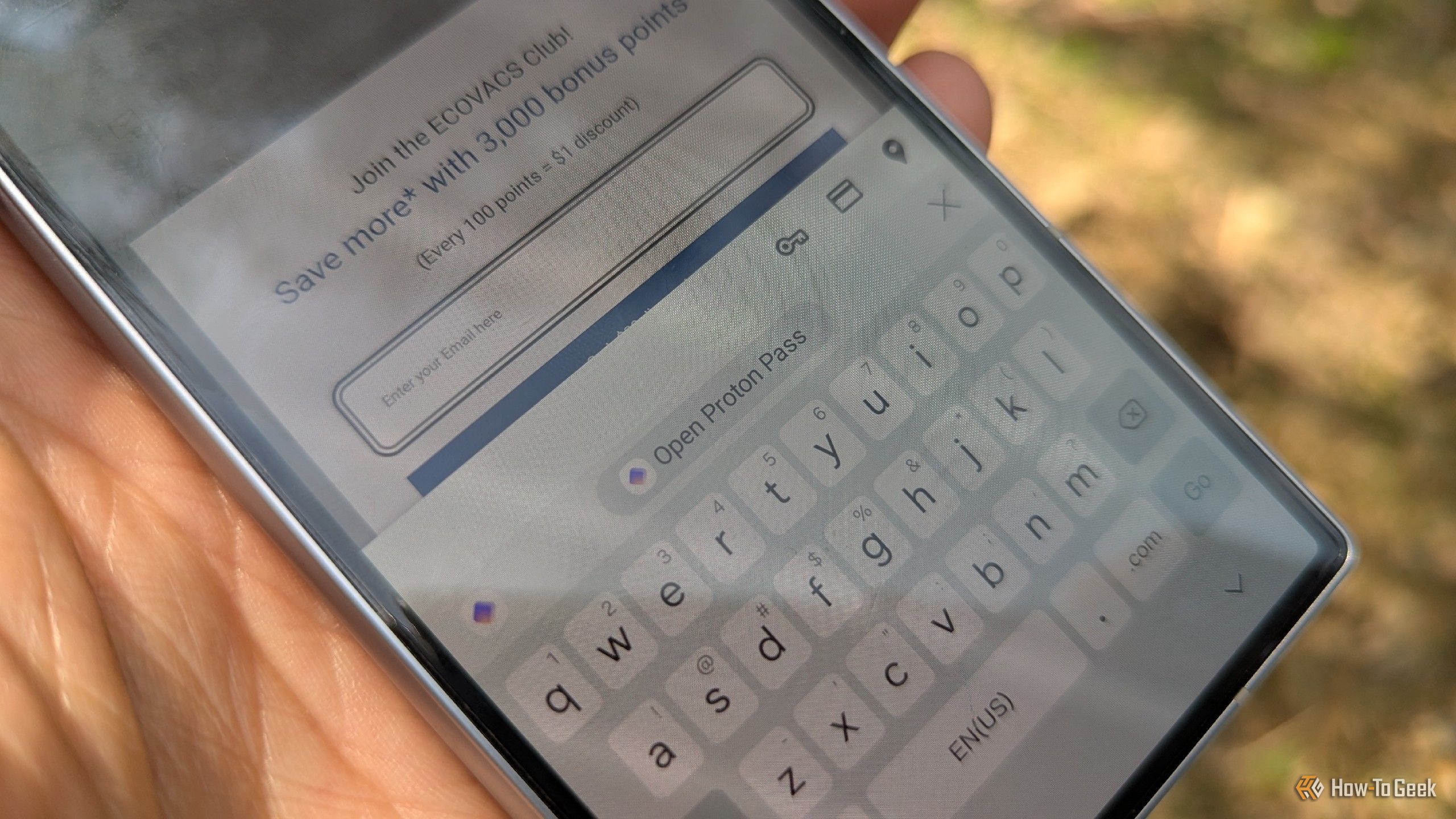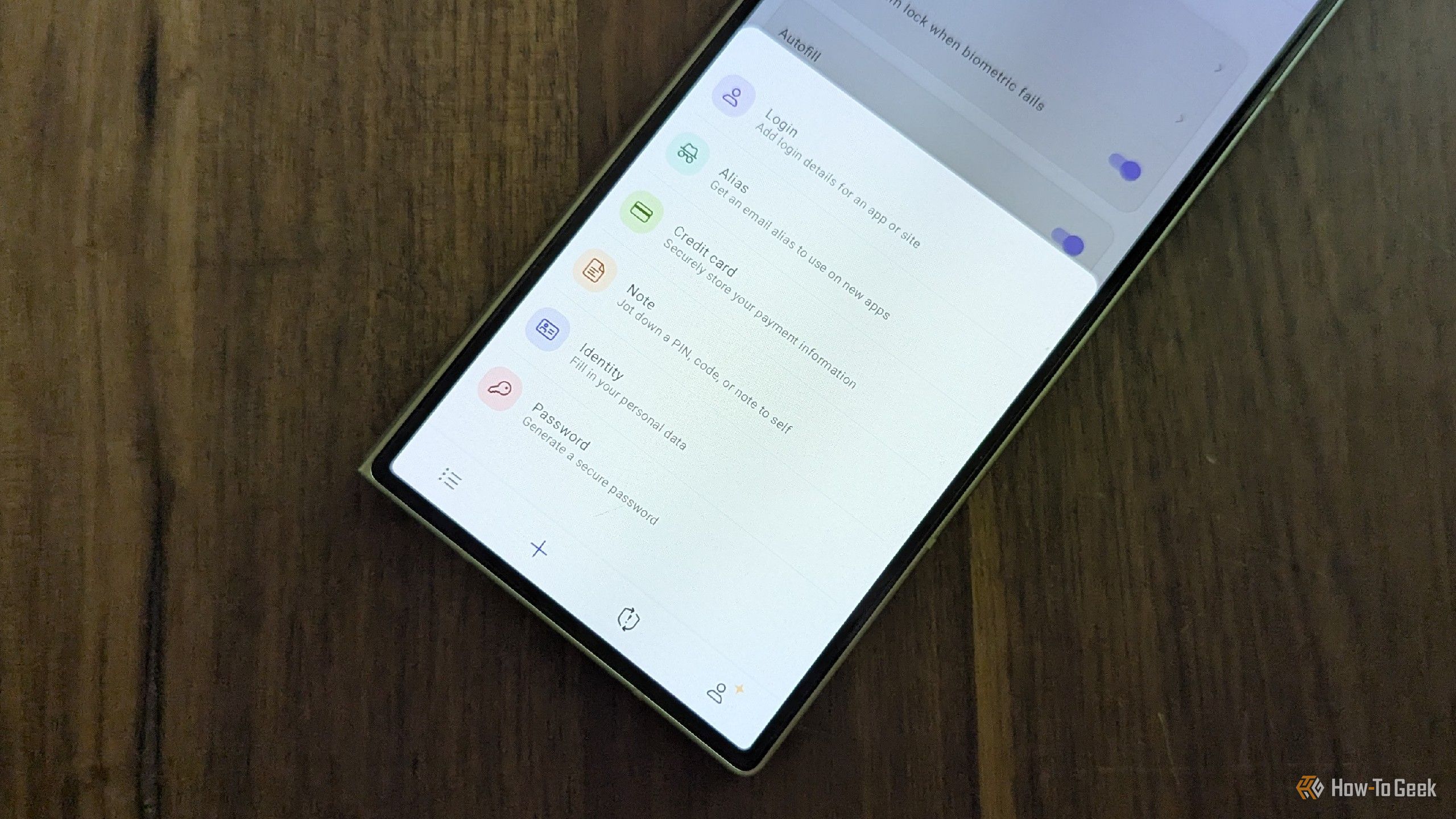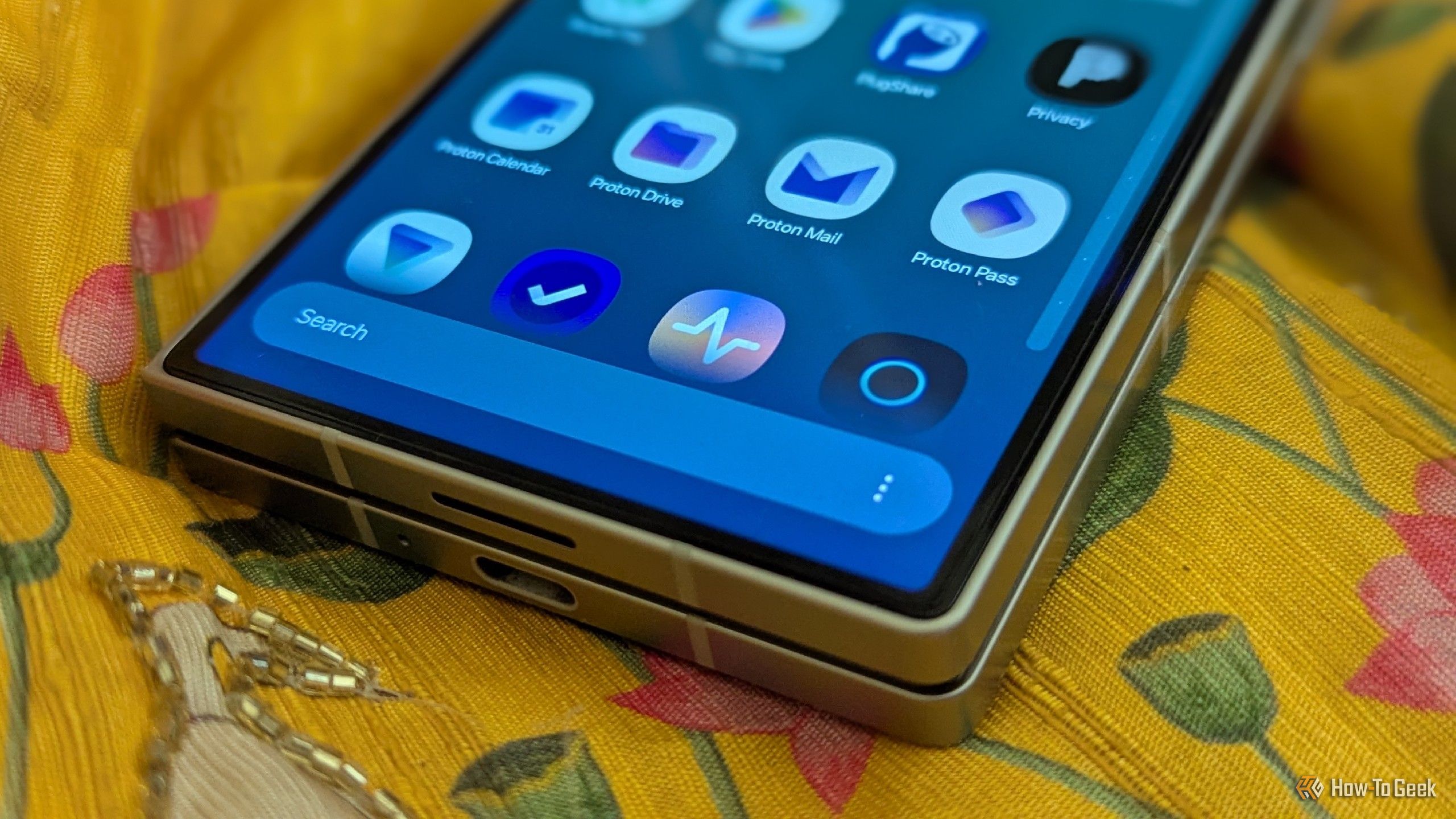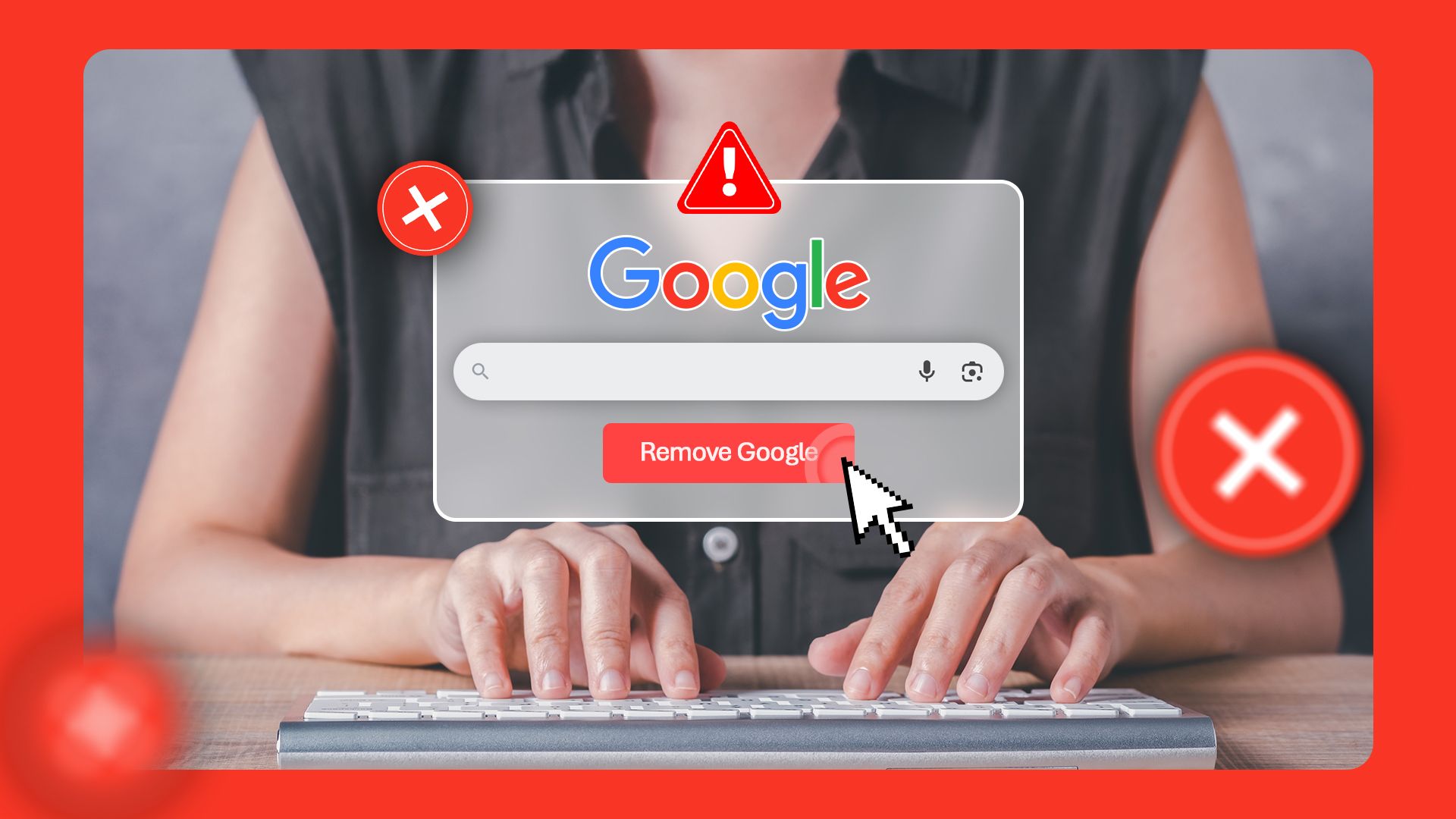Password fatigue is real, especially on our phones—entering long passwords is a pain on virtual keyboards. This is part of why I use the Proton Pass password manager on Android.
But there are many password managers for Android. Why this one? As someone skeptical of so much commercial tech, it comes down to one word: trust.
I Trust My Passwords Are Actually Private
Password managers take one of the most tedious aspects of online life and offers to take care of that for us. Thing is, we’re also trusting these password managers with the keys to the kingdom. With all of our passwords, they have access to anything we do online: our email, our social media accounts, our streaming platforms, our medical documents, our cloud backups, our photos—all of it.
Password managers have become targets in and of themselves. Some have been subject to data breaches. Thankfully, most use end-to-end encryption. If someone were to steal the data, they still can’t view any of it without first figuring out the decryption key.
This kind of encryption means even the Proton Pass developers don’t have access. This part is especially important. An iCloud bug in 2024 resurfaced photos people thought they had deleted years before, showing we can’t trust that non-encrypted data is deleted just because it says it is.
Proton in particular has earned my trust over the years through their track record and the transparency they’ve offered on their blog, explaining some of the technical and legal decisions that they make. Not only that, but Proton Pass is open source and has been audited by a third-party (see this blog post for details). This means I don’t have to trust Proton based on words alone.

Related
Pass Integrates With Apps and Browsers
Part of the appeal of a password manager is not having to type passwords anymore. At a minimum, you can now copy and paste your passwords whenever it’s time to log in. This approach is simple, but it does place your credentials in the clipboard where they can be easily accessed. It’s not the most secure approach (though I still do it).
Fortunately, Proton Pass can also detect when you’re trying to sign in to a site and offer to enter your credentials for you. Proton Pass appears as an option above your keyboard alongside your text predictions.
If you take advantage of this autofill feature, after you authenticate by entering your master password or scanning your fingerprint, Pass will enter the credentials on your behalf.
From my experience, Pass doesn’t always appear as an option when I need to sign in to a site or app, but when it does, the app has done a consistently good job delineating between username and password fields.
I Can Create Email Aliases
A big part of Proton Pass’s appeal for me has little to do with passwords. It’s the fact that Pass can generate an email alias for any of your accounts. Anytime you sign up for a new site, you can not only spawn a randomly generated password, but you can provide a randomly generated email address as well.
Any email sent to that address will still forward to your regular email account. If you respond, the receiver will see those messages arrive from your alias, none the wiser about what your real email address actually is.
This option isn’t foolproof. Some sites block domains affiliated with email aliases, requiring you to sign up with an actual email account. It’s an understandable spam-fighting measure, but a frustrating one. Nonetheless, the majority of sites and apps have accepted my aliases.
As someone who cares enough about data privacy that I used Linux for years, and carried around a minimalist phone with no access to an app store, email aliases address a big part of why I’ve become comfortable enough to use a smartphone again and install so many apps. While I’m not naive to other fingerprinting methods, I like that I can at least exercise anonymity in this one way.
I Like the Proton Ecosystem
I find Proton Pass particularly accessible, in part because I’m already immersed in the Proton ecosystem. I’ve used ProtonMail as my primary email account for years. My wife and I have long shared our schedules using Proton Calendar. When I want a VPN, I turn to Proton VPN. If you’re looking to ditch Google, Proton provides the easiest way to do it.
That’s not to imply that it’s all perfect. In particular, Proton Drive leaves much to be desired.
Since my wife also uses Proton, by adopting Pass we don’t have to create a bunch of extra accounts in order to share passwords. We could simply buy a shared Proton plan that provides both our accounts with access. Sharing passwords was on my to-do list for years. As a couple, and especially as parents, there are accounts in only one of our names that the other should be able to have access to. Now we do.
I ultimately embraced Proton Pass because I wanted an easy and trustworthy way to share passwords with my wife. Otherwise, I would have happily stuck with KeePassDX instead. It only saves passwords locally, eliminating the concern of online data breaches altogether. It’s also completely free. But I must admit, I’ve been pretty happy with the switch.









